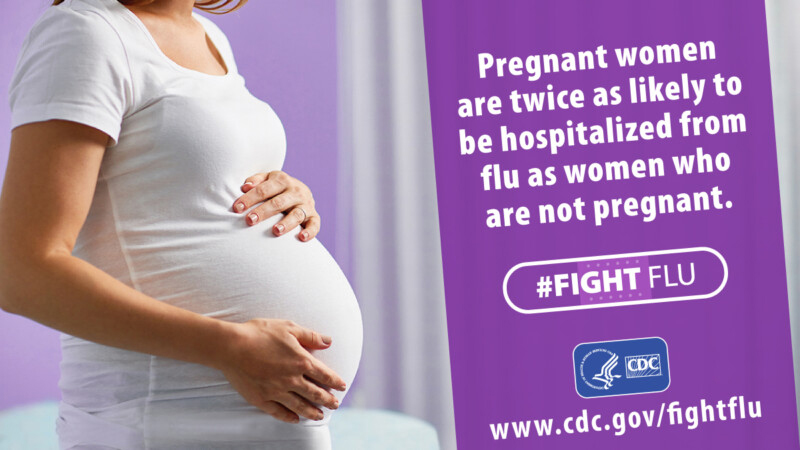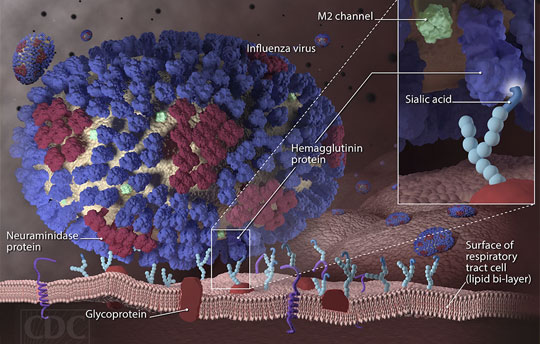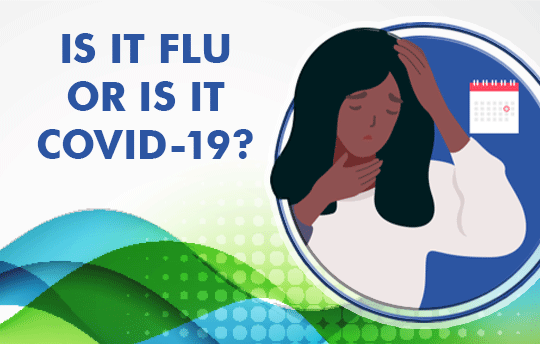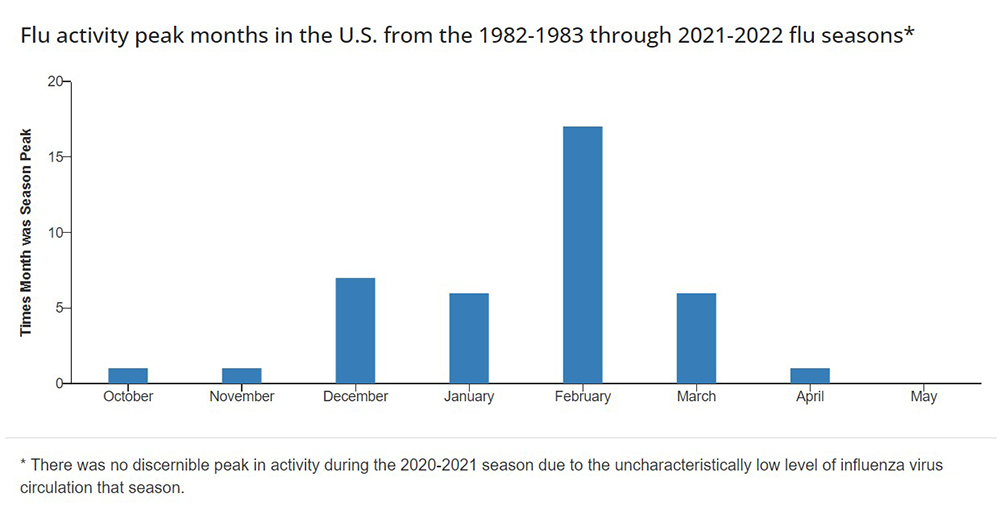Don’t Let the Flu Get You
The Wellness Coalition has been partnering with organizations to provide flu vaccination information to communities in Macon, Montgomery, and Lowndes counties. The best way to prevent flu and its potentially serious complications is by getting a yearly flu vaccine. Even when flu vaccination does not prevent illness entirely, it has been shown in several studies to reduce severity of illness in people who get vaccinated but still get sick. Everyone 6 months and older should get a flu vaccine every season with rare exceptions.
Use the interactive map below to find local flu vaccination sites. Make sure to call and check availability.
About Flu Season
While seasonal influenza (flu) viruses are detected year-round in the United States, flu viruses typically circulate during the fall and winter during what’s known as the flu season. The exact timing and duration of flu seasons varies, but flu activity often begins to increase in October. The figure below shows peak flu activity in the United States by month for the 1982-1983 through 2021-2022 flu seasons.
The “peak month of flu activity” is the month with the highest percentage of respiratory specimens testing positive for influenza virus infection during that flu season.
During this 40-year period, flu activity most often peaked in February (17 seasons), followed by December (7 seasons), January (6 seasons) and March (6 seasons).
Most of the time flu activity peaks between December and February, although significant activity can last as late as May. Since the start of the COVID pandemic, the timing and duration of flu activity has been less predictable.
Benefits of Flu Vaccination
Influenza (flu) is a potentially serious disease that can lead to hospitalization and sometimes even death. Every flu season is different, and flu can affect people differently. Flu vaccines cause antibodies to develop in the body about two weeks after vaccination. These antibodies provide protection against flu illness. Flu vaccinations:

Who Is At Increased Risk of Flu Complications
Flu Versus COVID-19
Although they have similar symptoms, influenza and COVID-19 are not the same, but they are both respiratory illnesses that are serious. Here are some important facts:
Made possible with funding from the Centers for Disease Control and Prevention.





